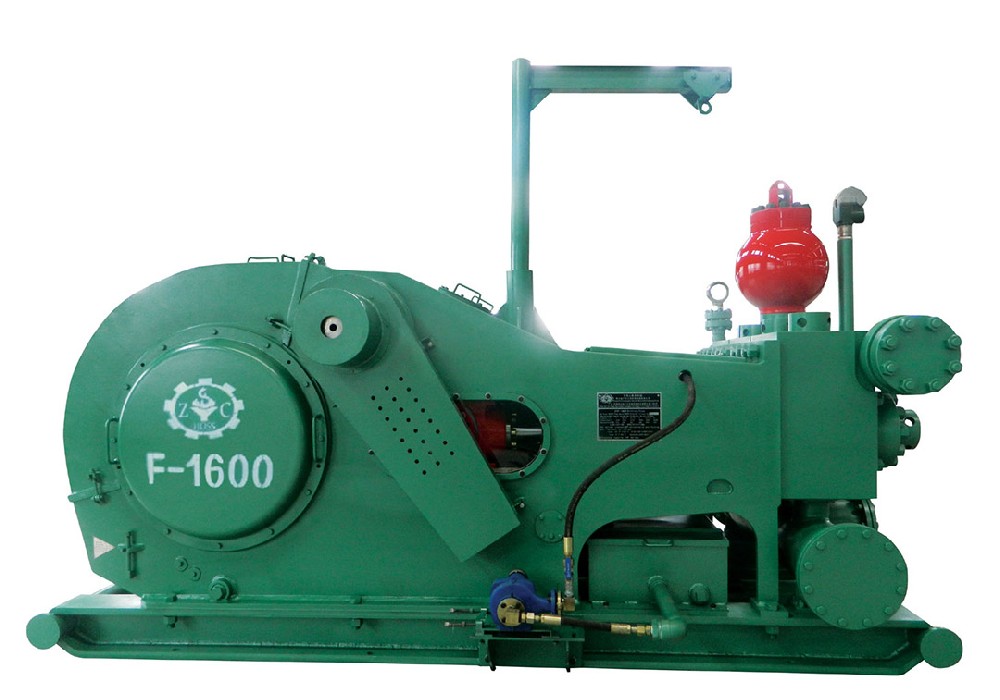Oil drilling is a risky business. It involves exploring underground reservoirs to extract oil and natural gas. Unfortunately, oil spills and accidents are not uncommon in this high-stakes industry. The Deepwater Horizon oil spill in 2010 is a prime example of how a disaster can occur, causing environmental and economic damage.

Fortunately, the oil drilling industry has taken steps to prevent such events from happening again. One such step is the use of a blowout preventer (BOP) - a critical component in oil drilling.
What is a Blowout Preventer (BOP)?
A blowout preventer is a large, complex piece of equipment that is located on top of the wellhead on the seafloor or on the rig's surface. A BOP is designed to prevent the sudden release of high-pressure oil and gas from the well. It is a fail-safe mechanism that can prevent a well blowout in the event of an emergency.
How Does a Blowout Preventer Work?
The blowout preventer works by closing off the wellbore in case of an emergency. The BOP’s rams or blind shear preventers shut the wellbore by cutting through and sealing the drill pipe. This effectively stops the flow of oil and gas from the well. Additionally, the BOP can be remotely activated if it detects an event or if operators detect a problem through monitoring equipment.
Why is the Blowout Preventer Important?
The function of the blowout preventer is crucial for safety as well as environmental protection. A well blowout can lead to uncontrolled release of hydrocarbons and lead to oil spills. Oil spills can be devastating for marine and coastal ecosystems, causing extensive damage that can take years to recover.
Another significant aspect of blowout preventers is that they can prevent oil rig explosions. When there is too much pressure built up in the well, it can trigger an explosion, endangering the rig and its workers.
Conclusion:
The oil and gas industry is heavily regulated and follows stringent safety protocols to minimize risks. The blowout preventer is a crucial element in this process, and it is one that has seen significant improvements over the years. The industry continues to refine the technology, ensuring that the equipment is better equipped to handle potential emergencies. As the oil drilling industry moves into deeper waters and more complex wells, the need for increased safety measures becomes ever more critical. With capable BOPs in place, companies can operate with confidence, minimising risks and keeping workers safe while protecting the environment.